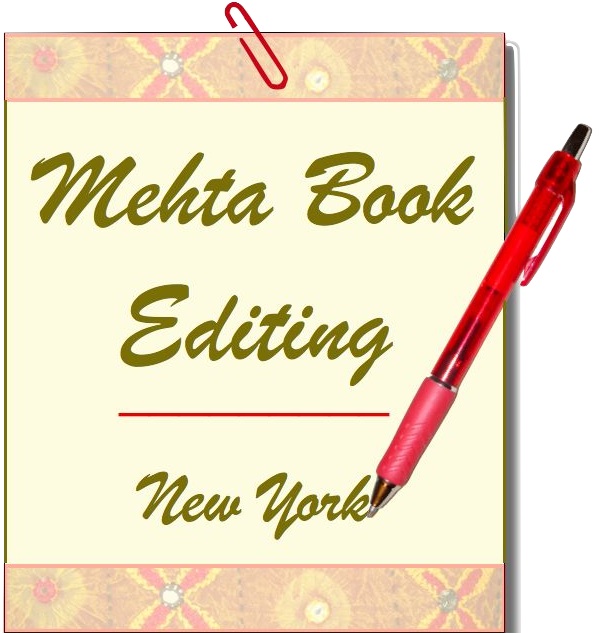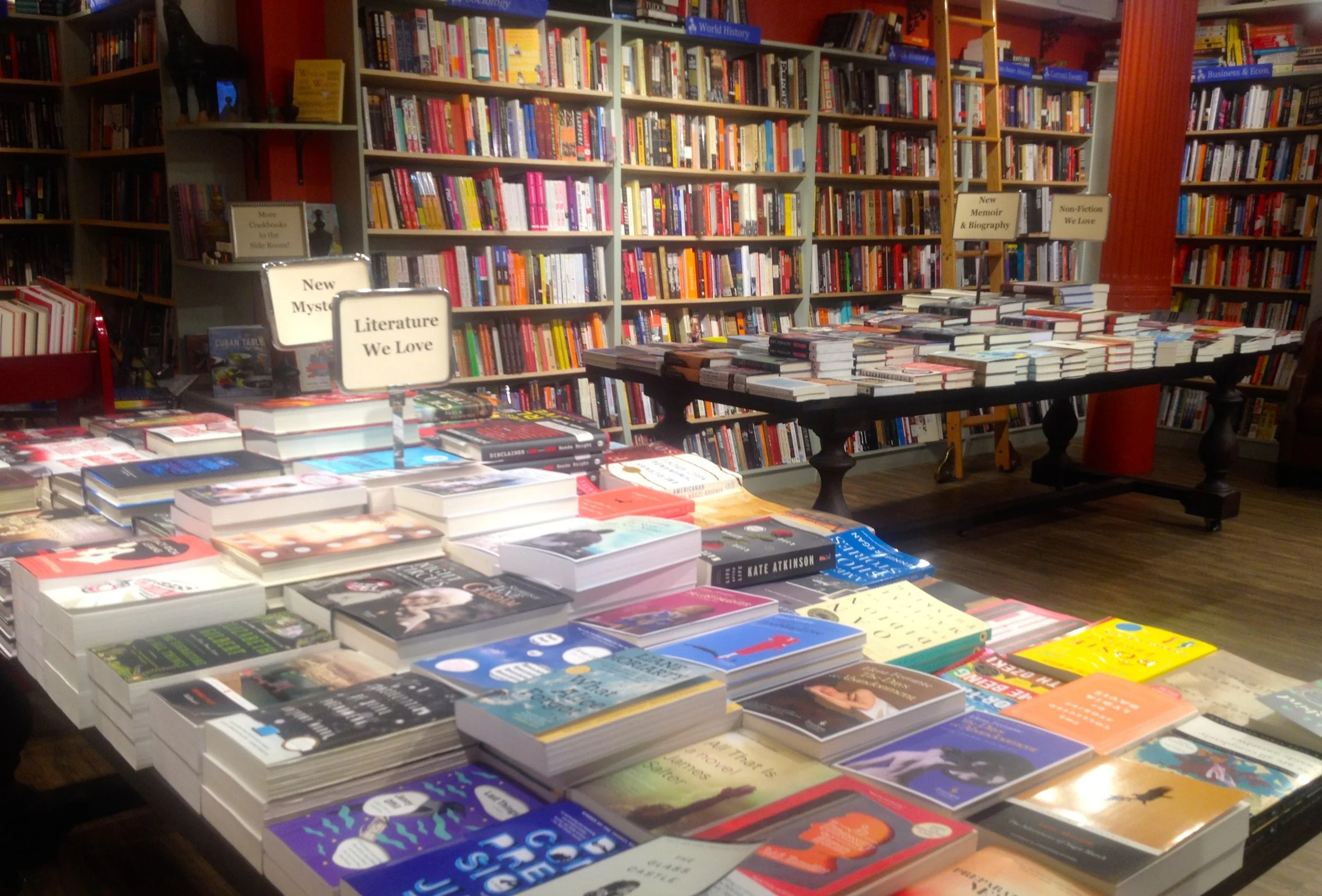Literary Agents and the Hybrid Author: A Conversation with Bob Mecoy and Kristin Nelson
/How is it advantageous—financially or otherwise—for self-published authors to enlist the services of a literary agent, especially if they are making a sizable profit independently? Can authors successfully straddle the traditional and indie publishing worlds without creating any conflicts of interest?
At the Romance Writers of America (RWA) annual conference, I attended a panel called “Agents and the Self-Published/Hybrid Author: A Winning Combination” in which agent Bob Mecoy at Creative Book Services answered these and many related questions, and I followed up with him after the panel. I also sat down with agent Kristin Nelson at Nelson Literary Agency to ask her opinion about the indie author–literary agent partnership.
Read More





